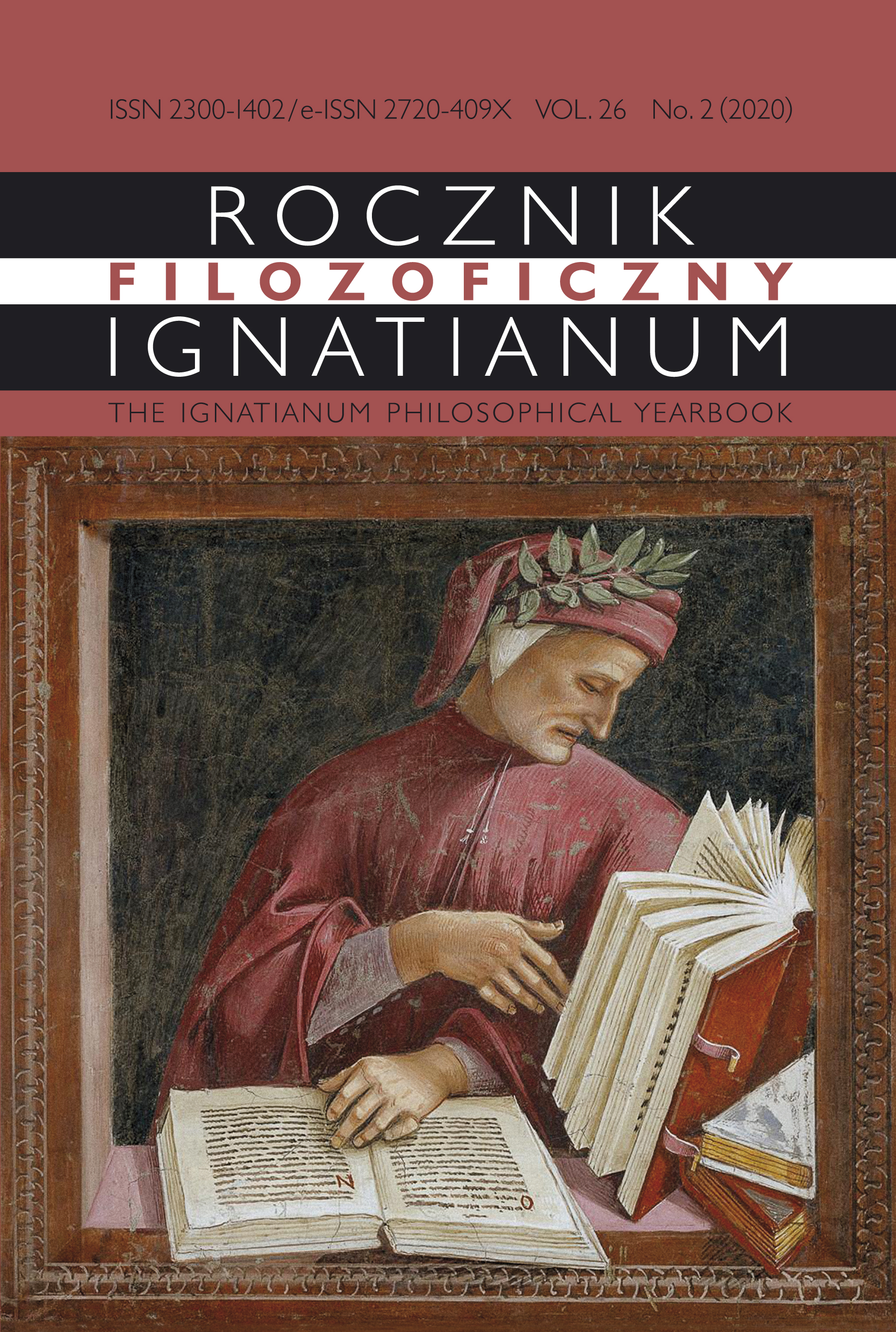“The Gates of Hell Open”
Dante’s Divine Comedy and the Poetry of the Holocaust
Abstract
This paper is an attempt to discuss the connections between Dante’s Divine Comedy and the poetic representations of the extermination of Jews during World War II. The work of the Italian master proves to be a point of reference for many Polish and Polish-Jewish poets in their search for the right language to describe the brutal reality of the Holocaust, to render the cruelty of this crime and the immense suffering of its victims, to testify about their own experience, and to pay a tribute to the murdered.
The poetry discussed in this text was written, among others, by Michał Maksymilian Borwicz, Izabela Gelbard, Janina Podlodowska, Krystyna Żywulska, and Andrzej Bursa. The references to the Divine Comedy are made in two ways and serve two basic purposes. Firstly, their aim is to portray the Holocaust as a reality confusingly similar to Dante’s inferno, secondly, they are to present the Holocaust as a reality far worse, more brutal and more gruesome than Dante’s hell. The second of the abovementioned ways of poetic presentation of the experience of the Shoah is very often connected with bitter irony, characteristic especially for Jewish art and sometimes directed against the sender of the message itself (in particular self-ironic forms).
In the course of analysis and interpretation, the phenomenon of universalization and partial decontextualization of originally religious motifs comes to the fore. The author argues that the reality of the Shoah can be compared to the devil’s abyss only if this abyss is no longer perceived as the place of eternal and just condemnation for sinners. The twentieth-century “hell” of concentration camps and ghettoes, though associated with Dante’s inferno, is not the place of deserved punishment, but of cruel crime and of immense, blameless and unjustifiable suffering.
Copyright (c) 2020 Jesuit University Ignatianum in Krakow

This work is licensed under a Creative Commons Attribution-NoDerivatives 4.0 International License.
The Yearbook only accepts materials for publication that are free of all conflicts of interest, and that in no way involve conflicts over authorship, copyright, etc. The Editors will take action against any cases of plagiarizing, ghostwriting1, guest/honorary authorship2, etc. Where co-authored work is concerned, the Author listed first is expected to take responsibility for the submission, and is required to make clear the contributions of all of the Co-Authors involved. In the event of the publication owing its existence to funding dedicated to this purpose, this fact should be made clear: e.g. in any note of thanks/acknowledgement, or in a footnote, etc. Explicit notification should be given of any form of reprinting, with the appropriate evidence of permission to publish being furnished as required. Any impropriety on the part of Authors/Reviewers risks exposing them to appropriate responses from the relevant institutions.
______
1 This term refers to instances of a person who has made an essential contribution being omitted from the list of authors, or from notes conveying gratitude and/or acknowledgement.
2 This occurs when a person who has made either an insignificant contribution or no contribution at all nevertheless appears on the list of authors.





